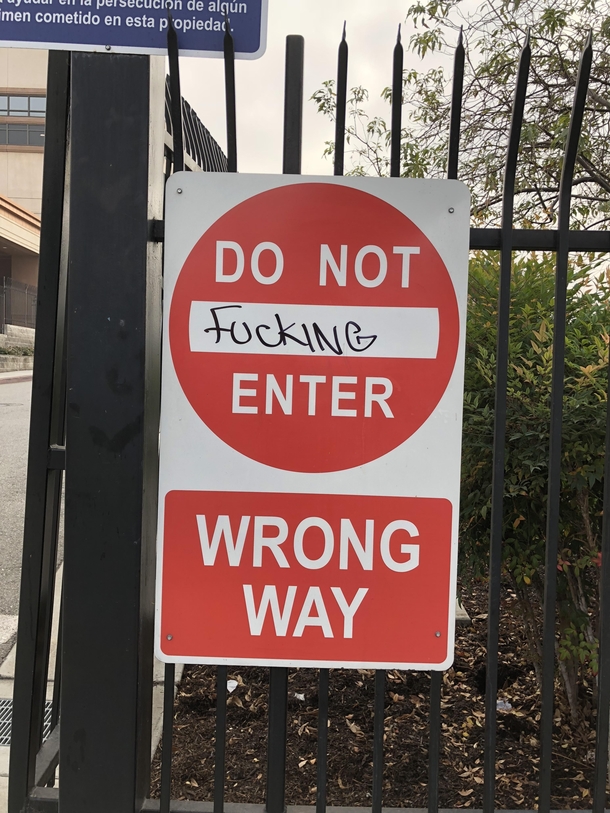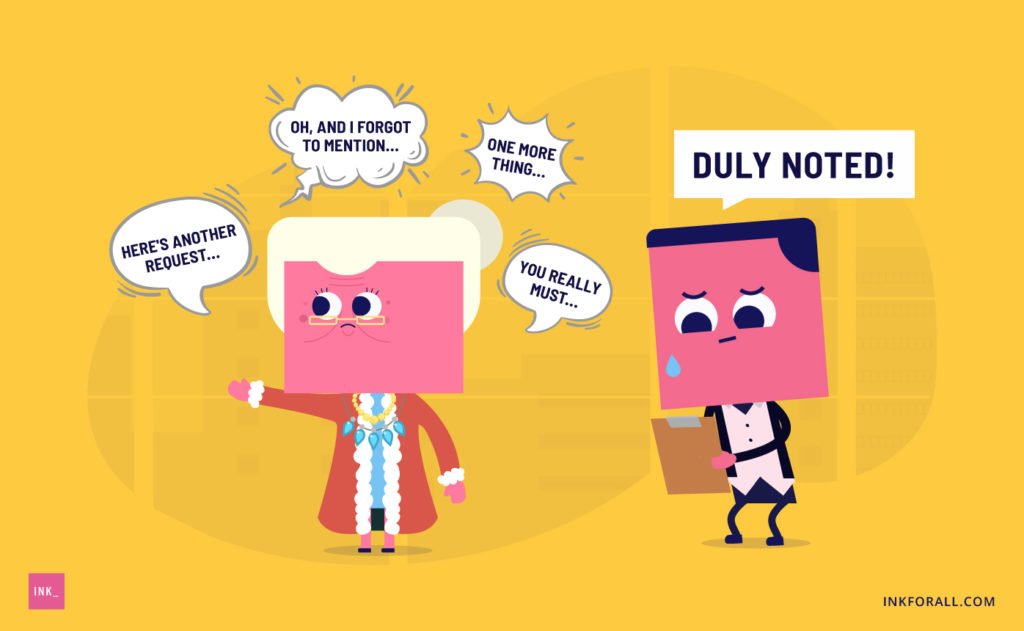
If that's not the case, I would make that clear by saying what action you may take.


If I were the customer, I'd feel like you're not going to do anything. However, it can also be used ironically in informal. It’s typically used in formal or professional contexts. It’s formed using the adverb duly (i.e., in the proper way) and the verb noted (i.e., recorded or observed). To me, most of them sound like you're saying "We heard what you said." and that's all. Duly noted is an expression meaning acknowledged and given appropriate consideration. What message do you actually want to convey/express to the client? ("thank you" is essentially short for "I thank you.") "Well noted with thank you" is ungrammatical. (You still may not be able/willing to do anything about it!) It isn’t really used amongst English speakers, but it is just a way to end an email, letter, etc. "Well noted with thanks" is at least a bit more cordial and at least suggests that you care. Synonyms for Well Noted (other words and phrases for Well Noted). English (UK) French (France) Near fluent. There are innumerable ways of writing a polite acknowledgement, or a thank-you note. 'Well noted, thank you.' This response is formal and respectful.None of these sound natural to me. 'Well noted, thanks.' Using 'thanks' is more casual sounding.

'Well noted.' This is very short and can sound rude.
#Yours duly noted. update
"Well noted" sounds similar to "Duly noted", formal and a bit unfriendly, like "I heard what you said (but maybe I can't/won't do anything about it)." I may not even care. Typically when writing a polite and formal message or email a longer sentence will sound more courteous and gracious than a two word reply. When replying to a status update email from clients, you can reply in 3 different ways.


 0 kommentar(er)
0 kommentar(er)
